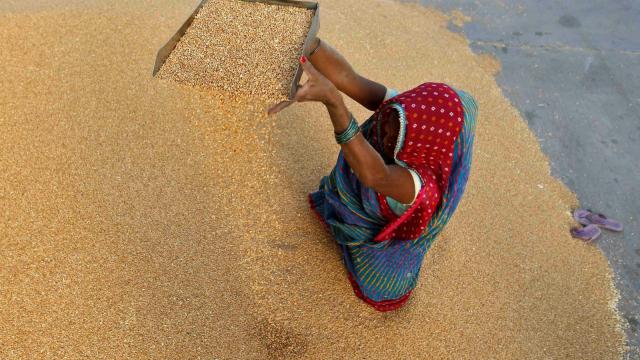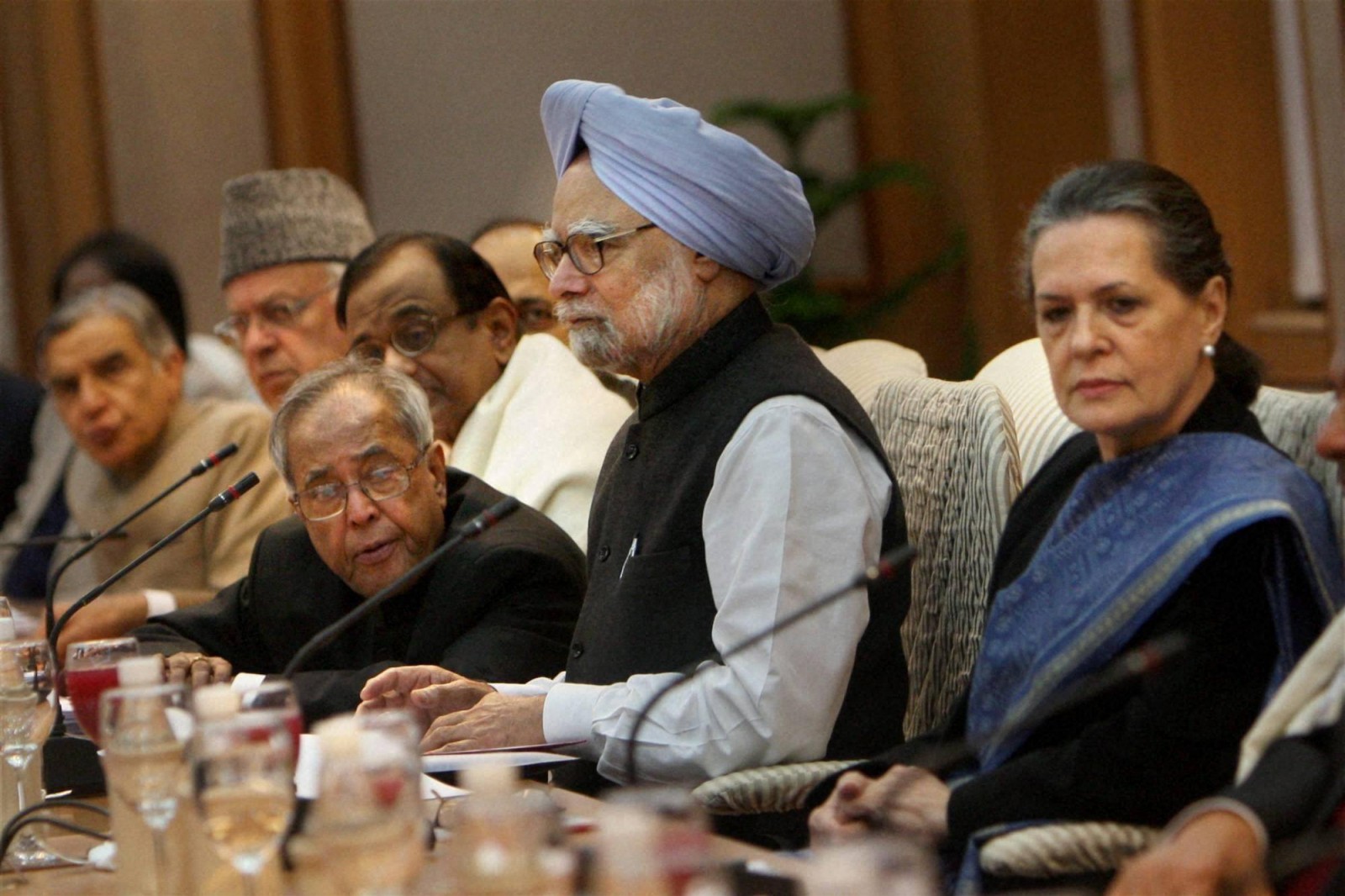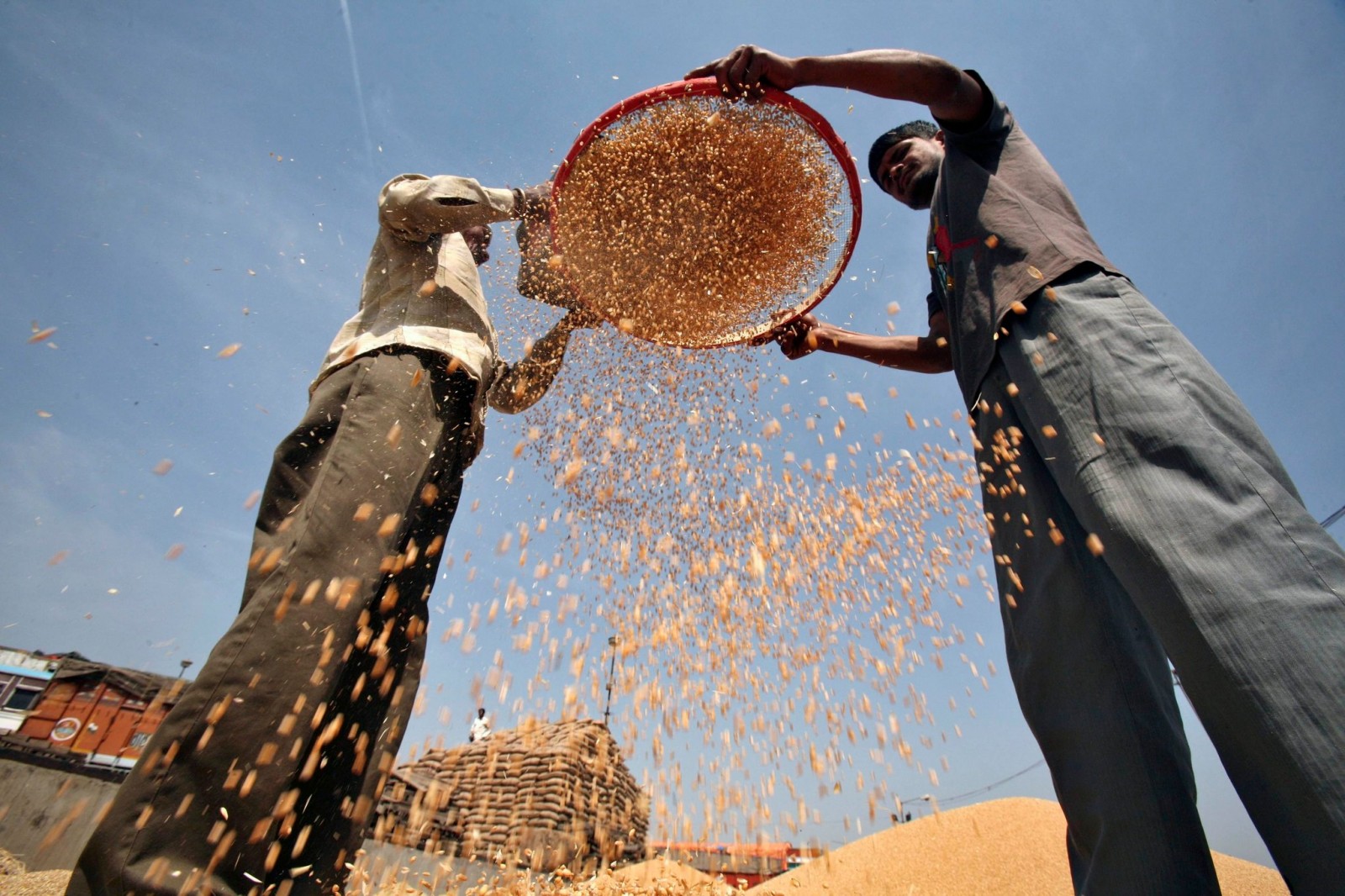
Manju is 34. She lives in Kolkata, India, and has two school-age children. She works as a cook in six different homes, making a salary that enables her children to live in a reasonably safe place. Manju cooks many delicacies for the different families she works for, yet her children make do with a basic rice and lentil dish for most meals. They don’t starve, but if Manju can’t work, food is the first thing they will miss.
Manju and her family are luckier, however, than four-year-old Surjo Basfore who lives with his seven-year-old sister on Platform No. 4 of the Kalyani Railway Station in Kolkata. They beg for a living. A usual breakfast is about half a puri (a staple of fried flour cake), which brother and sister share. Lunch is about two handfuls of dal (boiled lentils) and rice.
Surjo Basfore and Manju are the human face of India’s grim hunger epidemic and the dismal health conditions of those too poor to afford even basic food. The National Family Health Survey for 2005/06 stated that more than 40 percent of Indian children under the age of three are underweight, 33 percent of women aged 15 to 49 have a body mass index that is below normal, and nearly four out of five children aged 6 to 35 months are anemic.
It is for these people that the Indian government recently announced an ambitious $19.5 billion National Food Security Bill. Passed by the legislature in the first week of September, the bill promises heavily subsidized wheat and rice for those who live below the poverty line — about 67 percent of the population.
As reported in the legislation, a total of five kilograms of food grains per month will be provided at a fixed price of Rs 1-3 ($0.02 to $0.05) per kilogram through ration shops across the country. If the food security bill works as planned, it will become one of the world’s largest welfare schemes.
“This bill makes the right to food a law,” says Chintan Kalra, a food security activist from Mumbai. However, Kalra is aware of the many ways the bill can fail, which is why “implementation will play a huge role in what the bill really achieves.”
Overall, the legislation has aroused perhaps more skepticism than hope. While the bill's supporters say it is a welcome and needed change, critics call it a shameful tactic to win elections scheduled for early next year.
Kavita Srivastava of the People's Union for Civil Liberties contends one problem of the bill is that no time frame has been set for garnering results.
The Guardian reported that while the average Indian adult requires 14 kilograms of food grains per month, and children need seven kilograms, the new bill provides entitlements of just five kilograms per person per month, “thus ensuring only 166g of cereal per person per day.”
India has a long history of food welfare programs, the country's midday meal scheme for school children being the most famous. But the recent tragedy in Chhapra in the state of Bihar, which saw 23 children die after they ate poison-laced food, underlined the degree of corruption and lack of care that plague even the best plans.
The Indian Anganwadi system, started in 1975 to provide basic healthcare in the rural areas, offer focal points of nutrition and care for children and pregnant women. And strengthening those centers will mean more people getting access to what the current food security bill promises.
But Dr. Jayakumar Christian, who leads World Vision India, stressed the importance of the distribution system in making the bill a success.
“At this point the Anganwadis become the most important link in fulfilling the purpose of the bill. The bill states that it 'provides for food and nutritional security in human life cycle approach,'" said Dr. Christian. "Then it should address the gaps and have provisions for strengthening the current system."
The work of identifying eligible households for the program has been left to the states. India’s Planning Commission has said that those living on Rs 29 a day (about $0.50) are eligible for the Below Poverty Line, or BPL, cards.
“It is also important that no person is robbed of his/her right to access food because they don’t have adequate documents or they live in inaccessible places," added Christian.
The Right to Food Campaign, an informal network of organizations and individuals committed to realizing the right to food for everyone in India, agrees. It stated that “the Act must include strong accountability and grievance redressal provisions, including mandatory penalties for any violation of the Act and compensation for those whose entitlements have been denied.”
Yet, in the whole issue of making sure basic food grains are available, the question of nutrition is often overlooked. India is among the third largest economies in Asia, but the poor are barely feeling the progress being made. And it isn't food alone that is lacking. “Health, safe water and access to education are equally important, especially in our overcrowded cities,” said Dr. Julan Ghosh, who runs a woman’s group in Kolkata.
India ranks 65 out of 79 countries on the Global Hunger Index. In their recent book, An Uncertain Glory: India and its Contradictions, writers Amartya Sen and Jean Dreze argue that the country’s failure to adequately feed its women and children demonstrate "catastrophic failures, with wide-ranging implications not only for the people of India today but also for the generations to be born in the near future."
Sonia Gandhi, the head of the Congress Party, emphasized in simple terms the importance of the new bill: “The question is not whether we can do it or not," she said. "We have to do it.”
Follow the author @ParoP.
3 WAYS TO SHOW YOUR SUPPORT
- Log in to post comments















